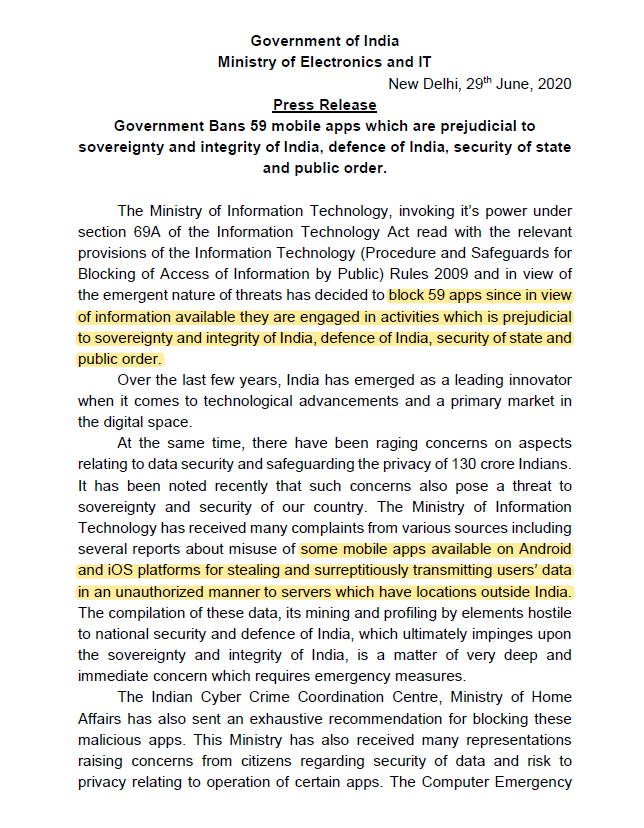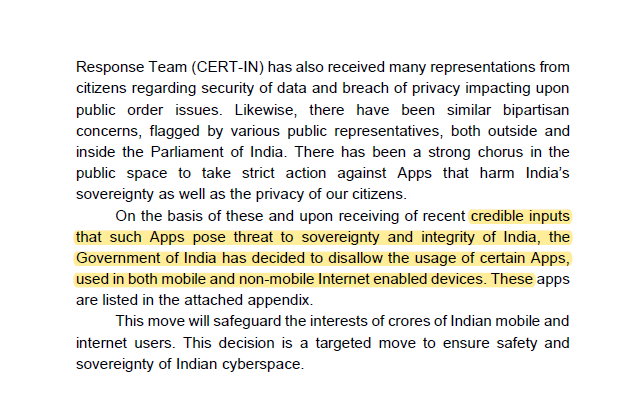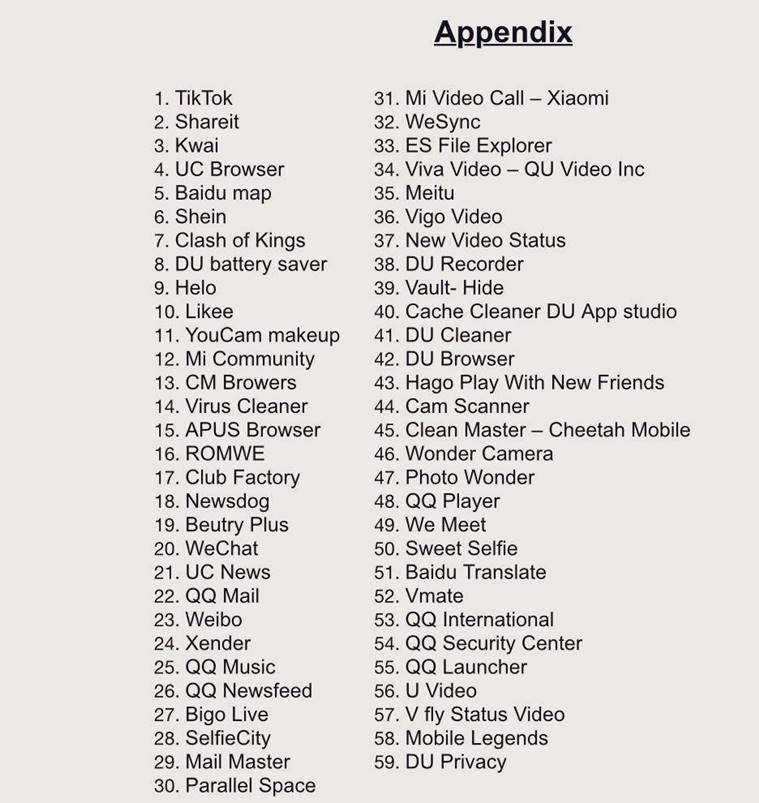Driving the Middle Kingdom towards its centennial objective of World domination by 2049, President Xi Jinping, ruler for life-time and head of everything has ambitiously embarked on misguided madness of territorial expansionism. Capitalizing on the “period of strategic opportunity”, China has been recklessly needling neighbours with its expansionist pursuits. Aggressive Chinese intrusions across LAC since 2014 have only epitomized China’s resurgent revisionism which received new lease of life under President Xi.
Guided by Chinese exceptionalism, Middle Kingdom is ruthlessly infringing international laws and norms. Flaunting its global rise, China tried to woo countries into its predatory initiatives like BRI. India not only refused to be part of China’s touted “win-win policy” of BRI but flagged concerns over violation of its sovereignty and repelled Chinese attempts to unilaterally alter the geography of the Dolam tri-junction. Beijing hasn’t taken India’s approach to stand up to Dragon kindly. Compounding this renewed assertiveness India withdrew special status to J&K and fortified its sovereignty. With Delhi lacking the appetite for imposing strategic costs, since 1980s China has been nibbling into the mountainous terrain of Indo-Tibetan border. Confronted by a strong-willed India, in the wake of the pandemic, China reared to bring India to bring to its knees with its military adventurism.
With twin ambitions of sending a strategic message to the East Asian countries, anticipating Indian capitulation, China escalated tensions along the LAC, intruding at multiple locations simultaneously. But to China’s dismay, India quelled the intrusions and gave diplomacy a chance. After marathon meetings on June 5th, commanders of India and China agreed on disengagement of troops. Disregarding the agreement, China not only amassed troops but indulged in its characteristic incorrigible behaviour. This eventually led to an inevitable violent confrontation for the first time in over four decades- the Galwan Valley incident, which led to the death of 20 Indian soldiers and undisclosed number of PLA troops. Barbaric killing of India personnel has become a reckoning moment for India. With China’s irrational behaviour staring in the face, India has insisted on gradual and verifiable disengagement.
Galwan incident triggered immense backlash against China in India. Local traders’ body-Confederation of All India Traders (CAIT) intensified calls of boycott of Chinese goods and to go, ‘vocal for local’. They released of list of 500 Chinese goods which can swapped with indigenous products1. Indian Railways terminated signal contract worth Rs 471 to a Chinese firm2, state governments (Haryana, Uttarakhand, Uttar Pradesh, Maharashtra) and PSUs ended Chinese contracts3. Earlier, India has tightened FDI investments from neighbouring countries, blocking Chinese takeovers and safeguarding its strategic industries.
Savouring the bloating trade deficits in favour of China in the Indo-China bilateral trade, Beijing has turned India into a dump yard for cheap Chinese products while binging on the perks of accessing huge Indian markets. India is not among the top 10 trading partners of China (as of 2018). Chinese exports to India are 3.1% of its total exports, India exports to China are 5.8% of its total exports. While Chinese imports account for 15% of our total imports. Clearly, India’s sanctions on trade will barely inflict any damage to China4 whose economy is nearly four times of India. India’s attempts to use trade as leverage would be counterintuitive. Despite growing clamour for boycott of Chinese goods, Indian government refrained from trade sanctions for the fear of exacerbating pandemic-inflicted economic crisis. Even Chinese mouth piece “The Global Times” mocked at India about the futility of trade sanctions8.
Instead India upped its ante. Debunking China’s preposterous fresh sovereignty claims over Galwan valley and attempts to put onus of easing tensions on India, Vikram Misri, Indian ambassador to China warned, “there should be a realisation on the Chinese side that there is no gain in trying to alter the status quo on the ground especially by resorting to force…that will not just damage the peace and tranquillity that existed on the border but it can have ripples and repercussions in the broader bilateral relationship”. India’s sharp rebuttals without imposing costs for China’s military adventurism and preference to diplomacy as a tool hardly perturbed China.
Prime Minister who has been unforgiving about China’s violent confrontations, in his monthly outreach Mann Ki Baat said, “those who cast an evil eye on Indian soil in Ladakh have got a befitting response. India honours the spirit of friendship…she is also capable of giving an appropriate response to any adversary without shying away. Our brave soldiers have proven that they will not let anyone cast an evil eye on the glory of Mother India”5. Much to the disappointment of the populace, instead of openly endorsing the, ‘Boycott Chinese Goods’ campaign, Modi resolutely promoted "Atma Nirbhar Bharat" initiative.
Without giving any inkling about the kind of retaliation, the government determined to extract retaliation announced ban on 59 Chinese apps. Ministry of Electronics and IT under section 69A of IT Act India blocked Chinese apps for “engaging in activities which is prejudicial to sovereignty and integrity of India, security and public order”. In 2018 Australian Defence Department raising concerns over espionage activities of Chinese apps banned staff and personnel from using WeChat 6. Recently US Republican Senators Josh Hawley and Rick Scott introduced a bill to ban TikTok for users using government devices 7. India’s move is bound to echo the popular global sentiment pertaining to Chinese apps which are extensions of Chinese Communist Party (CCP) and tasked with surveillance, spying and collection of data of private individuals.



China has been silently using these insidious technological conduits to steal data, transmit the user information surreptitiously to servers located outside India. These apps penetrate Indian system, spread fake news, censor anti-China content and insinuate people to violence. While China has firmly insulated its domestic audience from foreign apps, Chinese apps have been making a killing by gaining access to India’s 130 crores population. Under the larger strategy of Digital Silk Route-China apps with their easy to use interface, simple registration, alluring features and requirement of low bandwidth are becoming immensely popular among the tech savvy generation of India. By stealthy collecting user details, China is indulging in data mining and profiling. Psychological warfare through robust media technologies have been a forte of China. Since 2003, this information warfare has become part of China’s military doctrine. With burgeoning digital penetration in India, China is aiming to advance its propaganda war and espionage activities through these innocuous entertainment apps.
China is investing heavily in gaming technology and apps, besides strengthening the military might to penetrate democratic countries exploring the inherent fault lines and attempting to weaken them from within. Infamous for violating rules and set guidelines, authoritarian regimes like China are beyond the precincts of accountability. These regimes neither abide by the rules of regular play book nor do they respect extradition laws. Dubious tech companies of these countries can’t be held culpable for fiddling with national security. Indian Intelligence agencies have been warning of the threats posed by Chinese apps.
Presciently, given the widening economic parity between India and China, India can’t bargain for favourable outcomes with China exercising trade sanctions. With its digital strike, India has apparently conveyed its message. For decades, India has been reluctant to impose any costs on China. India failed to explore the inherent strengths of asymmetric options relying entirely on diplomacy to clear hurdles. China perceives diplomacy and negotiation as weakness. The resplendent Wuhan and Mamallapuram informal summits, failed to temper the irrationality of Beijing. China respects strength. By rejecting the digital avatar of BRI and refusing capitulation, India has asserted itself. Going ahead, India must guard its digital infrastructure from Chinese attacks and outrightly deny any space for 5G networks of China.
Setting a new precedent for Naya Bharat, India avenged Pakistan’s deplorable terror blitzkrieg with audacious cross border surgical strikes. China is not Pakistan. Disparaging China’s push over and military adventurism, India blocked free run of China’s spyware tools.
No comments:
Post a Comment